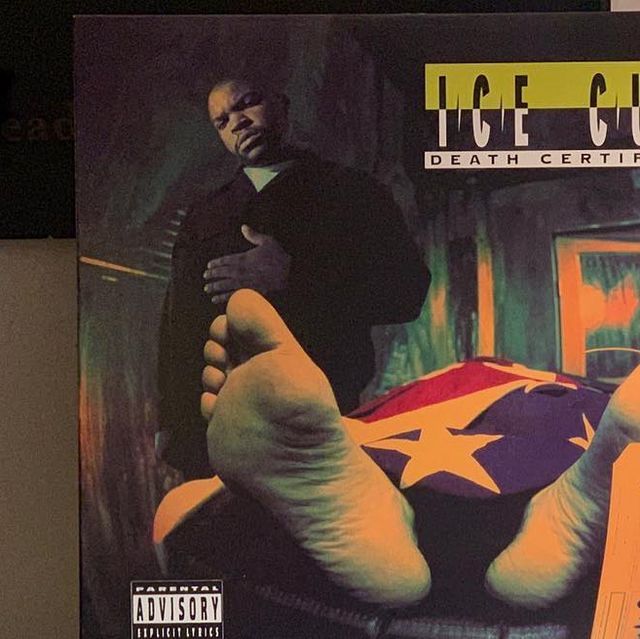Before ‘woke’ was a word, Cube dropped truth that made people uncomfortable—and that was the point. 📰🎤
In 1991, Ice Cube released “Black Korea”—a song so controversial, some radio stations banned it. But Cube wasn’t trying to make you dance—he was trying to make you squirm.
The track tackled racial tension, economic disparity, and cultural exploitation in LA, especially between Black communities and Korean-owned stores. Some called it racist. Others called it revolutionary.
“Every time I shop, I gotta watch the shopkeeper / I can’t trust ‘em, but I can’t stop either.”
The lyrics sparked national debate. But Cube insisted it was “a mirror, not a weapon.”
Fast-forward to 2025, and “Black Korea” is taught in college sociology classes, dissected in YouTube essays, and quoted in social justice protests.
Even Eminem once called it:
“The kind of track that makes you listen twice, even if it makes you flinch.”
Love it or hate it, “Black Korea” remains one of the rawest, most fearless songs ever recorded. And in a time when artists self-censor to stay brand-safe, Cube’s voice still cuts through the static—unapologetic and unfiltered.
